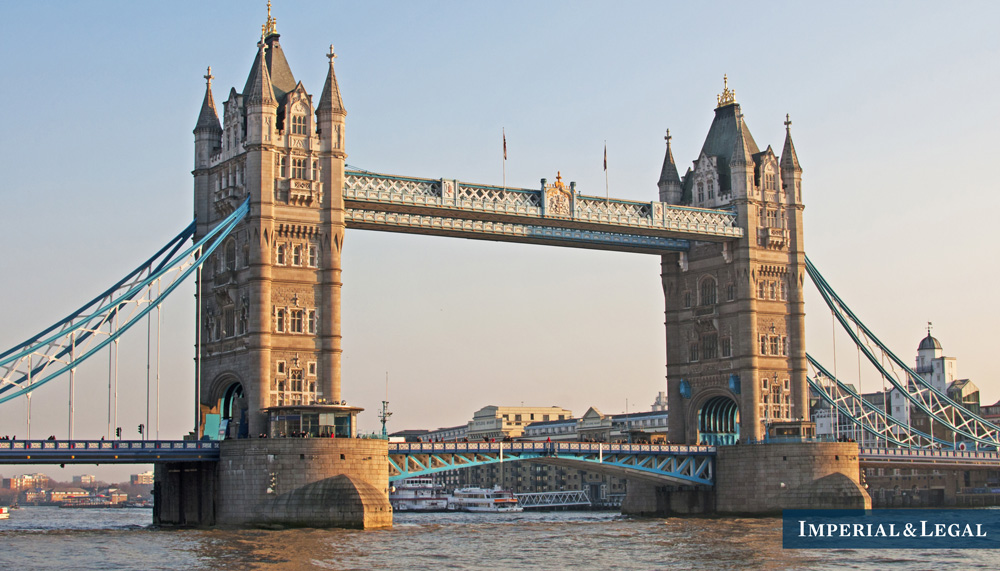
Tax laws in the United Kingdom are not simple, but they are quite flexible. Today we will focus on a legal term of domicile that would affect how much taxes you must pay in Great Britain.
What is domicile?
This word is not unique to British legal system and is used extensively in other jurisdictions. Your domicile is where you were born, come from or the country you have chosen to call your home.
However, domicile is not the same as citizenship, because you can be citizen of more than one country, but your domicile must belong to only one of them.
Example А
Your British neighbour is a British citizen, UK tax resident and his domicile is in the UK, because he was born and has spent most of his life here.
All income of a domicile irrespective of where it was received, in the UK or abroad, will be subject to income tax. Besides, they must pay capital gains tax and UK inheritance tax that is 40% of the estate of a deceased.
Example B
You have moved to London, tested positive in a UK tax residency test, but you are not domiciled here because you were born and had lived all your life in your home country. You are non-domicile, or non-don, which gives you certain advantages.
Why is it good to be non-domicile?
If you are non-dom tax resident in the United Kingdom, you have the right to choose how to pay your taxes – on arising basis or on remittance basis of taxation. The latter means that you must pay taxes only on that part of your income that has been received in the UK. Foreign income would only be subject to UK income tax if it has been remitted to Great Britain.
Do I have to pay for using remittance?
If you opt for remittance in the first years in the UK, it is free. But if you make this country your home, eventually you will have to pay for being able to use tax benefits of remittance.
1. If you have lived on the British Isles for 7 years out of the last 9 tax years and still want to use remittance, you must pay £30,000 a year. However, you can single out income for this charge and consider it taxed.
2. If it is 12 out of the last 14 tax years that you have been living in the UK, annual remittance charge will be £60,000. You can also put some income away for this without paying tax on it.
Deemed domicile
Once you have been in the UK for 15 out of the last 20 tax years, you will be automatically assigned a status of deemed domicile. After that you cannot use remittance anymore and must pay income tax on all your income worldwide.
The same applies to other taxes too. If you die and leave assets, your heirs will pay 40% inheritance tax on the part of the estate over tax-free allowance unless it is your spouse who does not have to pay any tax at all.
Conclusion
As you can see, your domicile means a lot for your tax burden. If you do it right, you can reduce it legally. It is impossible to give full details on how to use tax benefits and remittance. Therefore, we strongly advise talking to a trustworthy tax adviser with years of experience. Save your time and money.






Оценили 0 человек
0 кармы